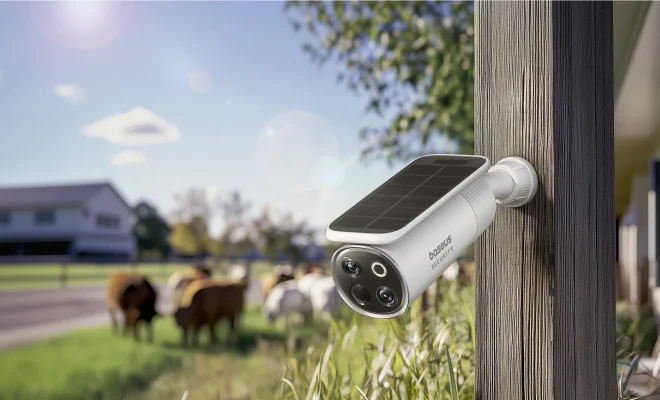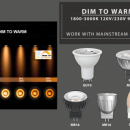Baseus Security | Privacy First. Reliable Always.

Wired vs Wireless Security Cameras: Which is Best for Your Home?
When it comes to securing your home or business, one of the most important decisions is choosing between wired vs wireless security cameras. Both options provide effective surveillance, but each comes with unique benefits and considerations. At Baseus Security, where privacy comes first and reliability is always guaranteed, we believe understanding these differences will help you make the right choice.
Wired Security Cameras: Reliability at Its Core
Wired security cameras have been the traditional choice for decades. They rely on physical cables for both power and data transmission, making them exceptionally stable. With a wired system, you don’t have to worry about Wi-Fi interference, signal drops, or battery replacements.
These cameras are ideal for homeowners and businesses looking for consistent, high-quality footage 24/7. Because the connection is hardwired, the chances of hacking or unauthorized access are significantly reduced, making them more secure. Additionally, wired cameras often support larger storage systems, ensuring weeks or even months of recorded footage.
However, the downside lies in installation. Wired systems require professional setup, drilling, and cable management, which can make them more expensive and less flexible if you decide to move or expand your system.
Wireless Security Cameras: Flexibility and Modern Convenience
On the other side of the wired vs wireless security cameras debate, wireless models bring flexibility and convenience. These cameras connect to your home Wi-Fi network, allowing you to monitor live feeds directly from your smartphone, tablet, or computer. For many homeowners, this remote access is a game-changer, providing peace of mind even when traveling.
Wireless cameras are also easier to install since they don’t require extensive wiring. Battery-powered options make them portable, so you can place them anywhere indoors or outdoors without worrying about outlets. Many modern wireless systems also feature advanced AI, motion detection, and cloud storage, enhancing the overall security experience.
Still, wireless systems have some limitations. They rely heavily on Wi-Fi strength, which means weak signals can cause video lags or disconnections. Batteries also need regular charging or replacement. Additionally, while encryption is strong, wireless cameras may be more vulnerable to cyberattacks if not properly secured.
Which One Should You Choose?
The choice between wired and wireless security cameras ultimately depends on your needs:
-
Choose Wired if you want uninterrupted reliability, higher security against hacking, and long-term professional monitoring.
-
Choose Wireless if you prefer easy installation, flexible placement, and remote monitoring from mobile devices.
At Baseus Security, we recommend a hybrid approach for many homeowners—using wired cameras for critical areas like entrances and backyards while supplementing with wireless cameras indoors or in locations where wiring is inconvenient.
Final Thoughts
The debate of wired vs wireless security cameras isn’t about which is universally better, but about which is right for your lifestyle, property, and security goals. With Baseus Security, you can be confident that whichever system you choose, your privacy remains first, and your protection is always reliable.
Leave a reply
You must be logged in to post a comment.
















